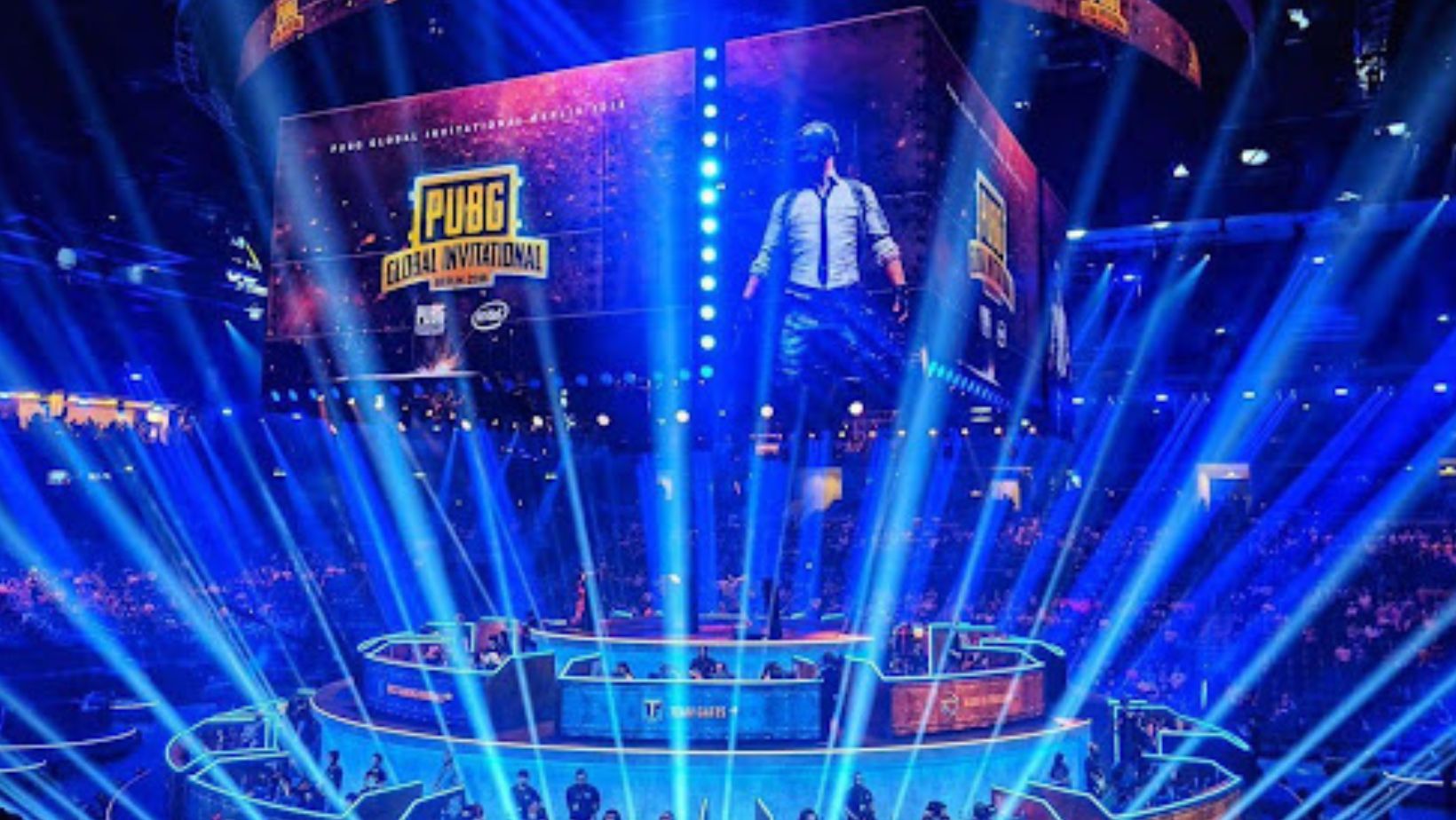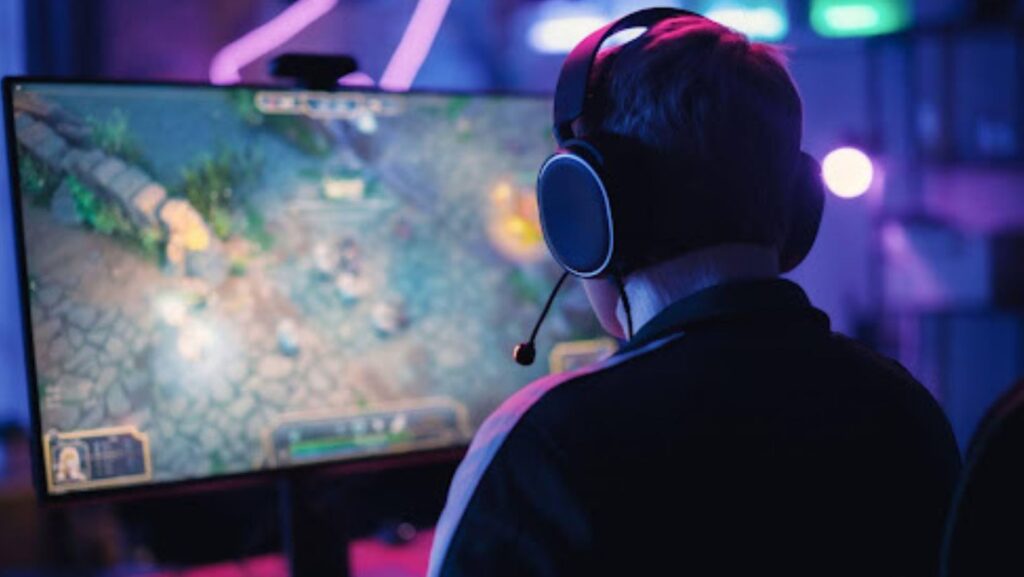Video games have always been perceived mostly as entertainment, but over the past decade, this perception has changed. Nowadays, a gamer increasingly means professionalism, analytical thinking and good income. Esports has turned the gaming industry into a serious industry, in which tournaments with multimillion-dollar prize pools are held, there are academies for training young talents, and even state support programs for the development of e-sports. The development of this area is gradually changing the perception of society about what it means to be a gamer and why it can be perceived not only as a hobby, but as a full-fledged profession.
From Hobby To Career — The Evolution Of The Gamer Image
Video games are nothing new and have undergone significant development in their history. The beginning of the 2000s became an important point for the formation of gaming culture, and the gamer as a public figure. If earlier the game of computer games was considered a rest after school or work, then with the advent of the competitive format everything changed. Tournaments in such disciplines as Counter-Strike, StarCraft, Warcraft III, and later Dota 2 and League of Legends showed that video games have a competitive component, and skill in the game can be very valuable.
It is important that not only the attitude of gamers towards themselves has changed, but also the attitude of the audience. Streaming is a popular phenomenon among players, YouTube and Twitch have created entire media ecosystems where a gamer can be not just a player, but create content, be an analyst, coach or even an entrepreneur. The emergence of more professional cyber sports organizations has created even more professions and helped the industry to develop even more.
Ten years ago, most parents did not take the idea of the profession of a “gamer” seriously. Today, in universities and schools, there are even subjects in which students learn computer games. It is also increasingly common to hear young people joining esports academies or studying game analytics. Education, career, and games are no longer separated by a clear line — they are interconnected.
Professionalization Of Esports And The Birth Of A New Discipline
Modern esports is more than just a competition, but an entire ecosystem that includes coaching, psychology, data analytics and technical training. Professional teams spend hours honing tactics, analyzing opponents and optimizing game settings. Regular players can also approach this level of training using cs2 sens converter, which helps to adjust the mouse in such a way as to comfortably move between different games, while maintaining the same accuracy. It is from such trifles that professionalism also develops, which is important in esports.
Large esports organizations even conduct special training processes that resemble a sports camp. The team includes fitness specialists, psychologists, and even nutritionists. This approach has made the gamer profession more structured and closer to traditional sports. So if you thought that esports is only about games, you were wrong.
Moreover, the profession of a gamer is not only a competition on the stage. Commentators, analysts, SMM specialists, tournament organizers have appeared, creating a full-fledged employment ecosystem around the industry, where everyone can find their place. This is the main change in the concept of a gamer, which is no longer limited to the role of a player.
Esports As A Driver Of Technological And Educational Change

When evaluating the impact of esports, it is important to mention education. Universities around the world are introducing esports study programs that combine management, analytics, marketing, psychology, and much more. Students not only learn to play but also study the structure of the industry, methods of content monetization, event organization, and work with brands.
From the technological side, esports stimulates the development of related areas. New technologies are the main driving force of the gaming industry, so the emergence of VR technologies, motion tracking systems and analytical platforms is made possible by the emergence of new ideas and technological solutions. Such innovations go beyond the gaming industry – for example, reaction analysis technologies or visual perception are used in medicine and education.
Esports has also influenced the approach to learning, making it more interactive, gamified and practical. Students and students who play video games often demonstrate better skills in strategic thinking, attention-sharing, and quick decision-making. So even if they do not become professional players, the skills gained through esports remain useful for their future careers.
Cultural Recognition And The Future Of The Gamer Profession
Today, professional gamers are not only responsible for participating in tournaments, but also a cultural symbol of the work of a new era. In many countries, esports is already recognized as an official sport. The state begins to finance e-sports programs, holds national leagues and championships, and leading universities open research centers that analyze the development of this industry.
Media play one of the most important roles in changing public perception. Documentaries, series, and broadcasts of esports events tell new success stories — from players who rose from the amateur level to top teams winning titles at the highest-level tournaments. These people become role models and are seen as professionals, not as “kids at the computer.”
The future of the gamer profession depends on several factors, ranging from the stable development of the tournament scene to technological progress and support from society. With the current pace of development, everything indicates that esports will expand its boundaries and integrate into everyday human life even more.
Conclusion
Collecting all the facts to the heap, we can say that esports has blurred the line between the game and the profession. What was once perceived as a hobby and entertainment has become an important element of modern culture, economy, a source of innovation and a form of self-realization for millions of people. Gamers today are not just players, but specialists who combine analytics, strategy, technology and creativity. Changing the public attitude to this profession is not an accident, but a natural result of the development of culture, technology and education.
